Travel Safety and Security
I wrote this post back in 2019, and have done a bit of updating for the current world we find ourselves in. I’ve also included some suggestions friends had after reading the post that I thought would be helpful. Hope you get some good takeaways from this!
One of the greatest things about travel is getting yourself into unfamiliar and new situations and the thrill you feel when you overcome challenges and have new experiences. Getting out there, pushing yourself, and going beyond your comfort zone can be a fantastic experience, but it's not without risks.
Friends often ask me many of the same questions when I'm going somewhere they've heard about on the news: "aren't you afraid to go there?" or maybe "I heard they don't like us there." Sometimes it's "I would never go there, it's too dangerous." - Statements often based on little more than what they've seen in the media. How are we to know what’s good advice, and what’s data-driven evidence?
I made it to every country without having a single major security incident, but I’ve seen a few things in recent years which have highlighted to me that maybe I've let my guard down a little too much, and not followed my own advice. I hope these ten tips can help you have safer and more rewarding travels.
Tip 1: Always tell someone where you're going
This seems obvious, right? Even when you run to the store to pick up milk you usually tell your partner, kids, etc. where you’re going. But it's surprising how easily we forget this one when we're traveling.
It’s even easier for those of us who are single and not always great at "planning" our trips well in advance to forget to let someone know where exactly we're going. Maybe we think they won't know where it is so won't be interested anyways, or maybe we just don't stop to think. Simply letting someone know where you'll be going (country, cities, hotels, sites, etc.) can come in really handy if something happens and you need to be tracked down.
Tip 2: Make sure your contact knows when to expect you back
Maybe the obvious follow up to the first tip, but it's important that your contact person know not only where you're going, but when to expect you back. Nobody wants to be alerting the police/government/family and friends until they're relatively certain that something is up.
This applies not to just the trip ("I'm going to Afghanistan for a week") but also to riskier parts of the trip. Maybe the capital is secure, but you're taking a trip out to the countryside to see something? Tell someone what time you expect to be back - make sure to account for inevitable delays in some countries when doing this. "Should be back in 4-6 hours, but could be 12 with traffic so wouldn't worry until then."
It would also be helpful to tell them who to call and when. This is something I should have done once when traveling in a border region where I was detained for nearly 12 hours by military security. Fortunately, they let me keep my phone and I did send messages to people....but had they taken my phone...
Tip 3: Travel with a trusted guide
I've lost count how many times I've showed up somewhere, unable to find a guide in advance, and trusted whoever the hotel found for me. High-end hotels with international clientele are usually pretty good sources for trustworthy guides, but there's no guarantee.
Better yet, talk to your friends who've been where you're considering going. Ask who they used for a fixer or guide. Did they trust them? Did they feel the person was safe and had a good understanding of the local situation? If they were driving, how was the driving? Was the car in good repair? (Or reasonable repair depending on destination...)
...and when you get back, share! There's nothing like first-hand experience to know who can be trusted in less secure places, and we owe it to each other to share our experiences. One small caveat: many of these guides are barely eking out a living in these places. Make sure to step back and look at the situation rationally before destroying someone’s reputation online. Emotions can cloud snap judgements.
Tip 4: Leave contact information
So, let's assume something does go wrong: you don't come back when you said you would, nobody could get ahold of you, you're not responding on social media. What should your friend/contact do now?
In the case of a friend who went missing a few years back, the biggest challenge for his family and friends was often not knowing who to contact. If they had had the phone number of a guide or driver, that would have given a great starting point. Not using a guide or driver? Share the phone number for the hotels where you plan to be.
Maybe you've booked a tour? Share the phone number for the tour company with someone back home. The point is pretty simple: in the off chance that something does go wrong, knowing not just where and when you were but also how to get in touch with someone who may be able to help you is priceless.
Also: it doesn't hurt to register in advance with your country's Foreign Office / State Department / etc. Letting them know where you are is important if things go south fast: these are the people you'll likely rely on for evacuation if things so south quickly, so make sure they can reach you!
Tip 5: Split up your finances
Somehow, I made it to every country without a financial incident worse than getting cheated out of $5 or so by a taxi driver in the days before Uber seemed to be everywhere. 196 countries, and never had any money lost or stolen.
That all changed in an instant in 2019 when I went out for a run in Stockholm, stopped for coffee afterwards, and somewhere between the coffeeshop and hotel I lost my wallet. I had no money, no credit cards, no anything.
Fortunately, coworkers were able to spot me cash for a few days, and I was able to use AmEx to send me an emergency cash advance. Had I been traveling alone, who knows what I would have done?
Do yourself a favor: leave some cash, a credit card or two, and some identification (copy of passport) in your hotel safe. No safe? Hide them in a cushion/mattress/etc…. but be sure to leave the “do not disturb” sign on the door. That way, if things do go missing, you at least have some backup. This is especially important if you're going to be going to busy or crowded places like a market or public transit where pickpockets like to operate.
Tip 6: Be aware with your social media
Now that the US and some other countries have begun requiring visa applicants to list their social media accounts on visa applications you should probably have a look at your social media and see what's on there that might get you declined. You don't even have to have "done" something wrong to run afoul of this one - it's all about perception.
Several years back I entered sensitive region and when the authorities stopped us at the border and they asked us to have a seat for a while. Turns out, what was going on out of sight was a combing of our social media accounts and what they found they didn't like. No, I'm not a journalist, spy, or other sort of troublemaker, but when they find out you've done published research in a subject that’s touchy to their regime…there’s going to be questions at a minimum.
When posting to social media have a good think how it might appear to others. This is also helpful advice since many employers also check social media accounts before hiring these days.
Tip 7: The women, children, and old people rule
The reason it's called the "woman, children, and old people rule" is really quite straightforward: if you're in a location known to have security issues, and something doesn't feel quite right, have a look around. Do you see women in the streets? Children? How about old people and senior citizens? They're usually the first to disappear from the streets when security goes south: partly because they've seen enough to know when to get out of the way, and partly because these are populations who know well enough to shelter when there's possible violence brewing.
The opposite, however, does not hold true. Just because you see women, children, and old people in the street is no guarantee of safety. However, if you don't see them, but you see plenty of what are often called "fighting-aged males" - getting out of the area quickly is likely to be a good idea.
Tip 8: Take primary responsibility for your own safety and security
Fortunately, this might be the only one that gets easier the longer you've been traveling, but you have primary responsibility for your own safety and security: don't assume it's someone else's job to take care of you!
One of the biggest mistakes people make in this regard is getting intoxicated and having a little too much fun. Sure, this is a great way to let you relax and meet new people, but it's also a way to lower inhibitions and make you more inclined to take risks you would otherwise be cautious of.
This also goes hand in hand with taking responsibility for your health and wellbeing. Are you entering a malaria zone? Make sure you're taking prophylactics if your doctor recommends it. Make sure you get all of your recommended vaccinations well in advance to protect yourself from everything from Yellow Fever to Typhoid...nobody wants to catch these nasty diseases.
This also includes sexual health. If you're putting yourself in intimate situations with other people (who, let's face it, you'll often never see again) it's your responsibility to look out for yourself. Make sure to educate yourself on Pre-Exposure Prophylaxis (PrEP) and Post-Exposure Prophylaxis (PEP) if you're the type who likes to get extra friendly with locals or other travelers. HIV is highly preventable now if you're informed and prepared

Tip 9: Do your research
One of the greatest things about the internet is the amount of information that is out there that you can use to inform your travels. Don't go running into the middle of a war zone because one fringe blogger told you that it was safe and ok to do that. Use a bit of common sense and always vet your sources (and check multiple sources when it’s possible.) As a runner, I also find doing a short run when I first get to a new place is a great way to explore it at a speed where trouble will have difficulty catching me.
There are so many good sources of safety and security information out there. Start with your government's foreign office / state department site. These tend to be extremely on the conservative side, but they do a good job of laying out all the risks of traveling to a given location. I personally use these as a starting point, and then supplement with additional more nuanced information.
One of my favorite sites for places that are in a state of conflict is Live Map. It does a great job of aggregating news sources and showing you all the safety incidents in a country over the previous weeks - all displayed nicely on a map. It's also great for countries with active conflicts where the "safety line" might change dramatically from day to day. They have especially awesome maps of Ukraine, Syria, Libya...and even Washington, D.C.
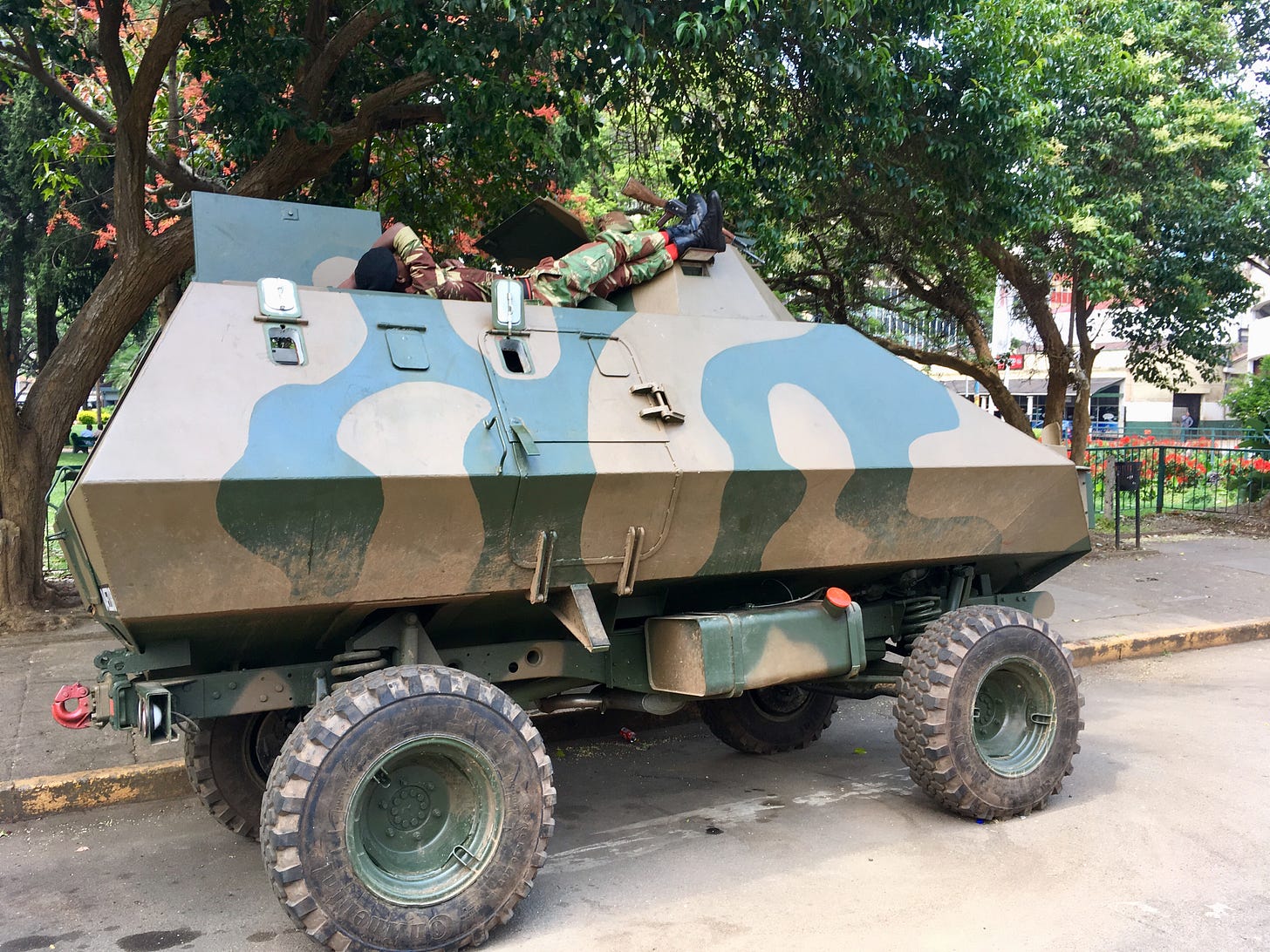
Tip 10: Travel in daytime and have a backup plan
This one is pretty easy to follow, but we're all guilty of breaking it because sometimes it becomes unavoidable. Maybe you're behind schedule and trying to make up time. Maybe you found a bus/train/flight in the middle of the night that was super cheap, or maybe you're just a night owl.
The end result is the same: crime tends to occur much more regularly at night when the criminals have the element of surprise and a much higher prospect of escape. No matter how vigilant you are, it's always riskier being out on the roads at night.
Another downside of travel at night is drivers who are often not alert - both your own and the other guy on the road. That's not to mention drunk drivers. I've had several situations lately with a driver late at night who was practically falling asleep at the wheel and I definitely shouldn't have been in their car.
When you do get into trouble its critical to have a backup plan. We rely so much on our smartphones these days that if they run out of power it can cause real challenges. Always carry a powerbank so you have a way to recharge on the go. This is also why I mentioned stashing backup finances in a separate location above.
So, those are ten tips you can use on all of your travels to increase your chances of returning home safely in one piece with all your belongings! My goal with this post is definitely not to scare you away from traveling - get out there and enjoy these amazing and vibrant places. Equipped with this knowledge you'll not only enjoy your trip more, you'll be safer while doing it!
What did I miss? Other great advice for fellow travelers?



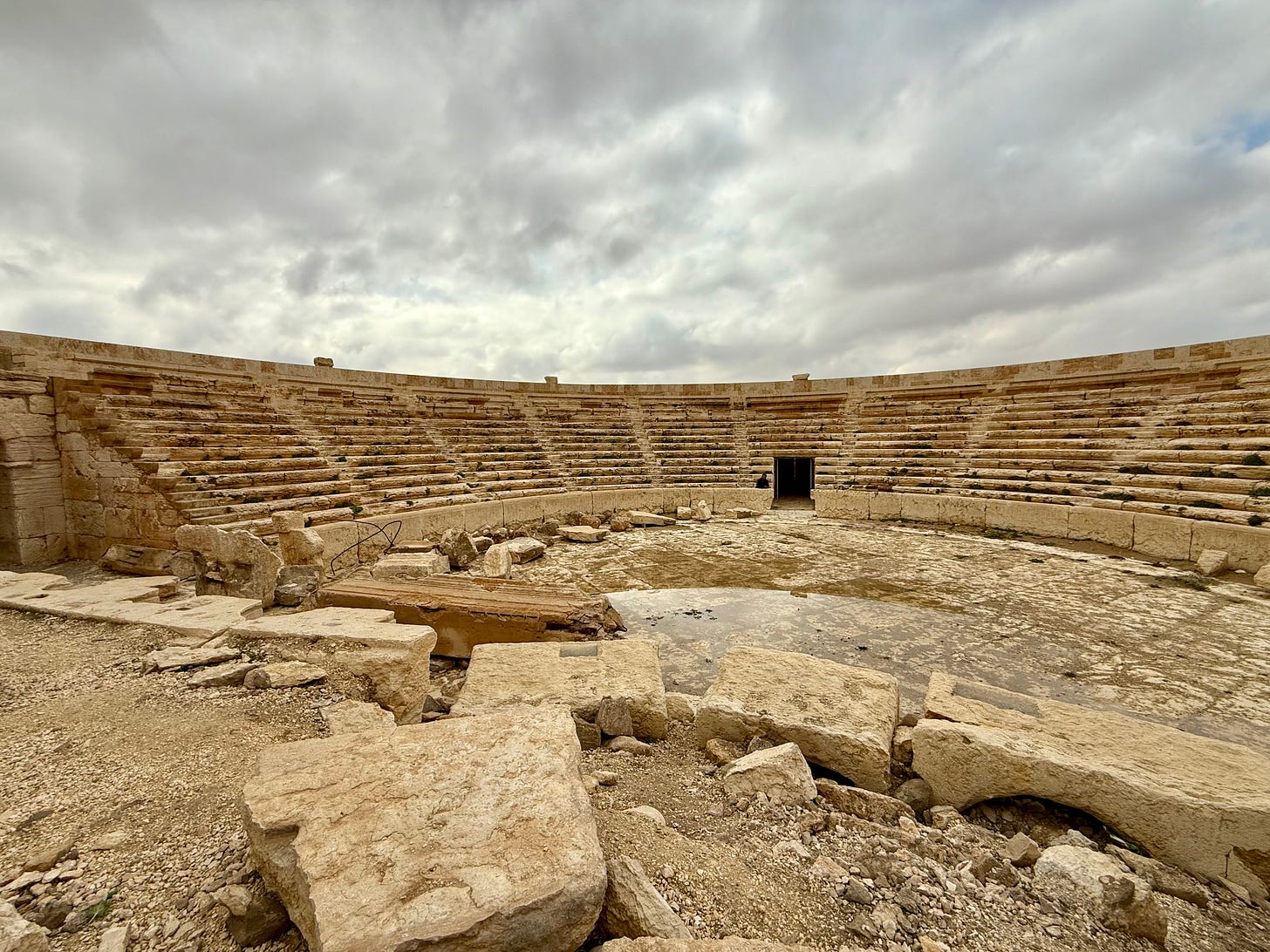

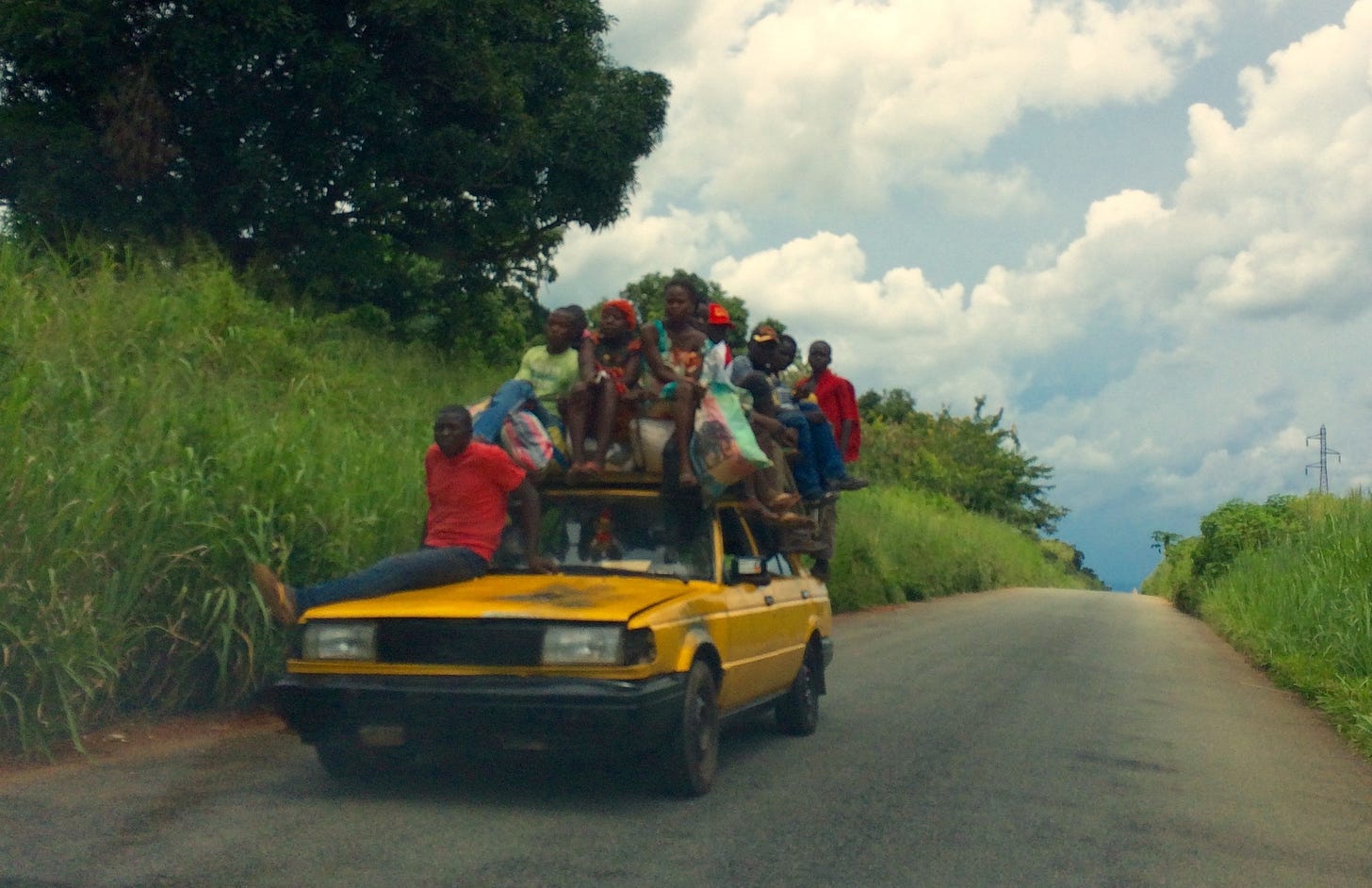
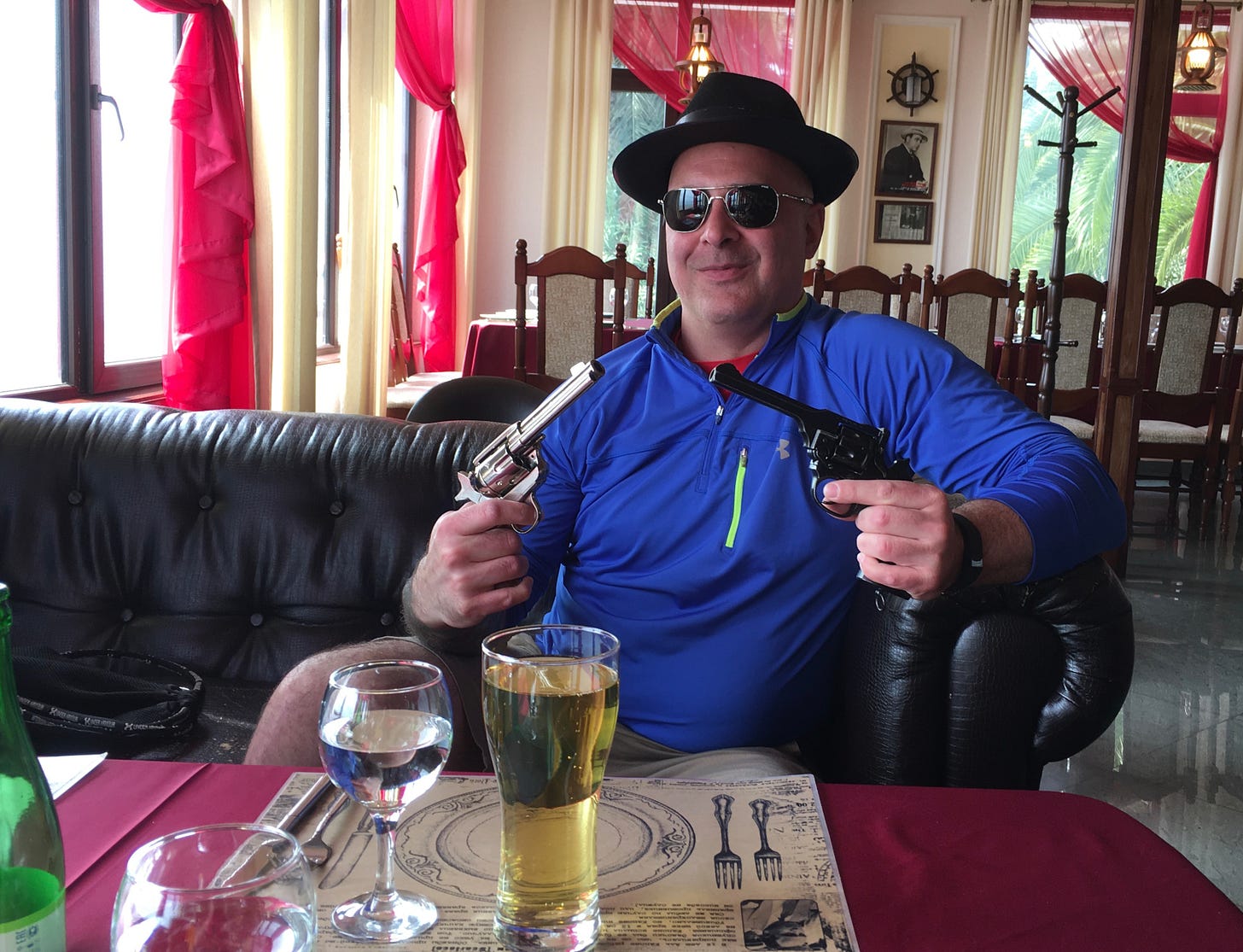
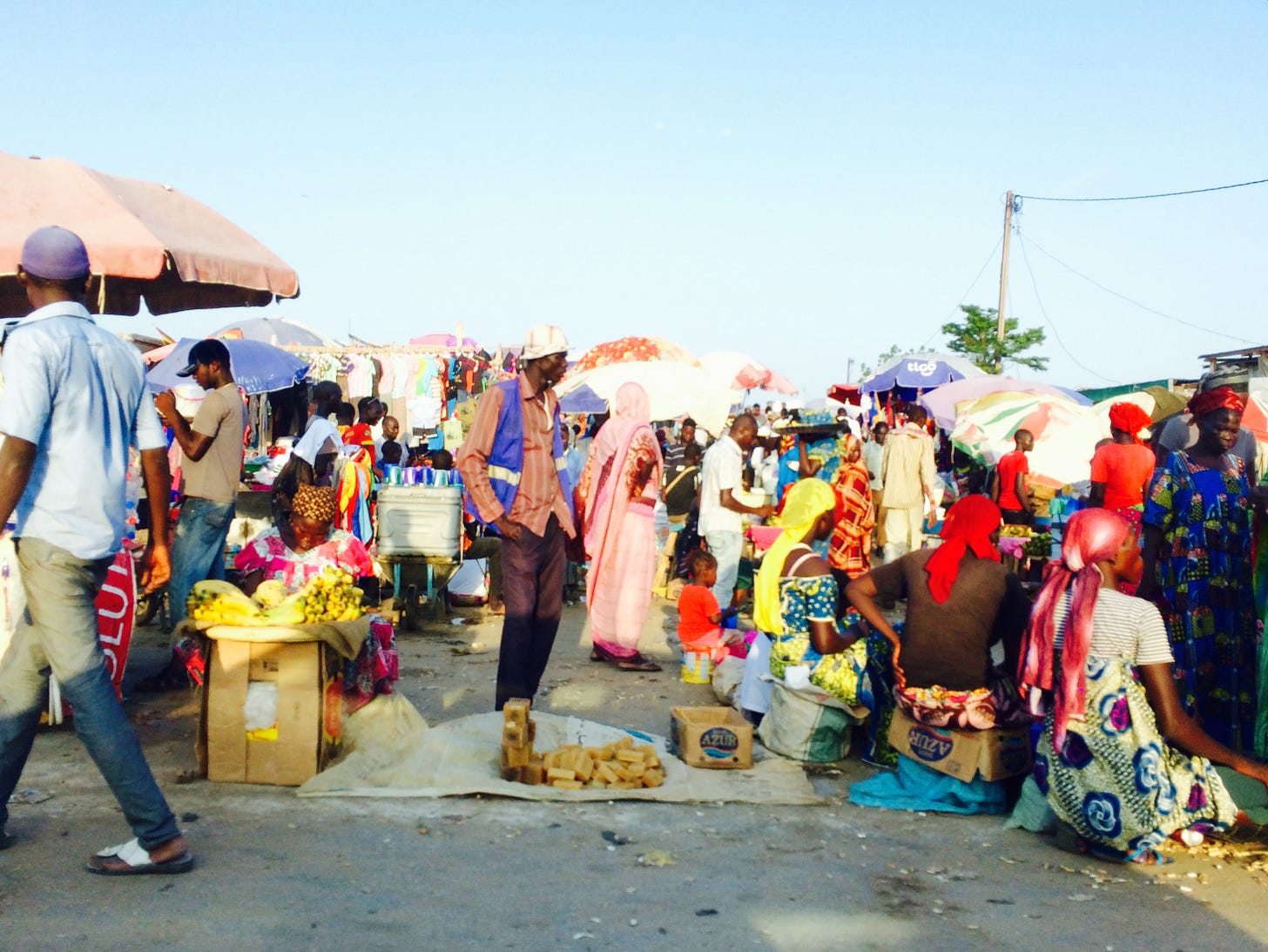
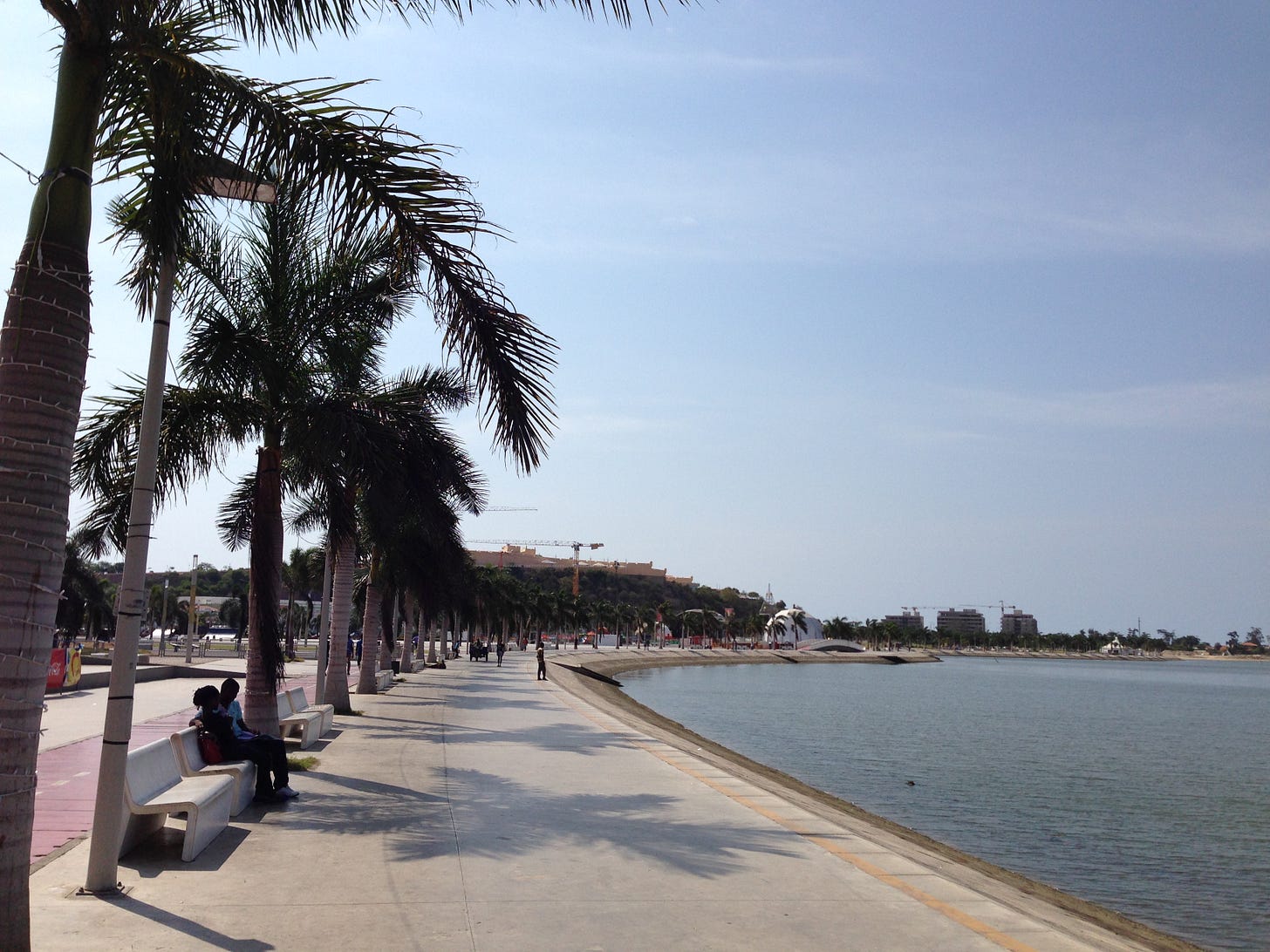
Great tips. I follow many of them here in Ottawa. Every time I get in a Uber I share my location with my sister in case I get murdered. Kidding/not kidding.